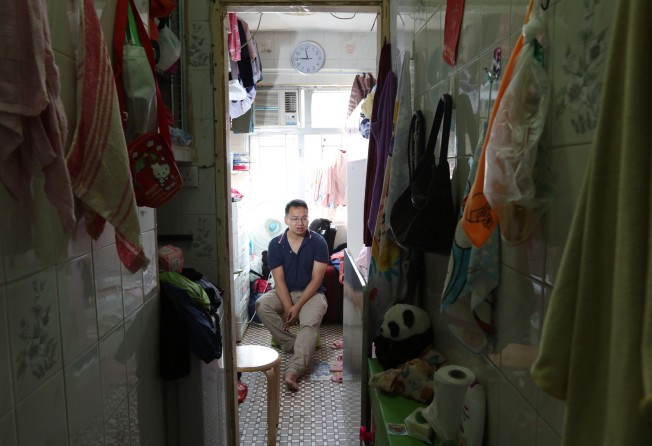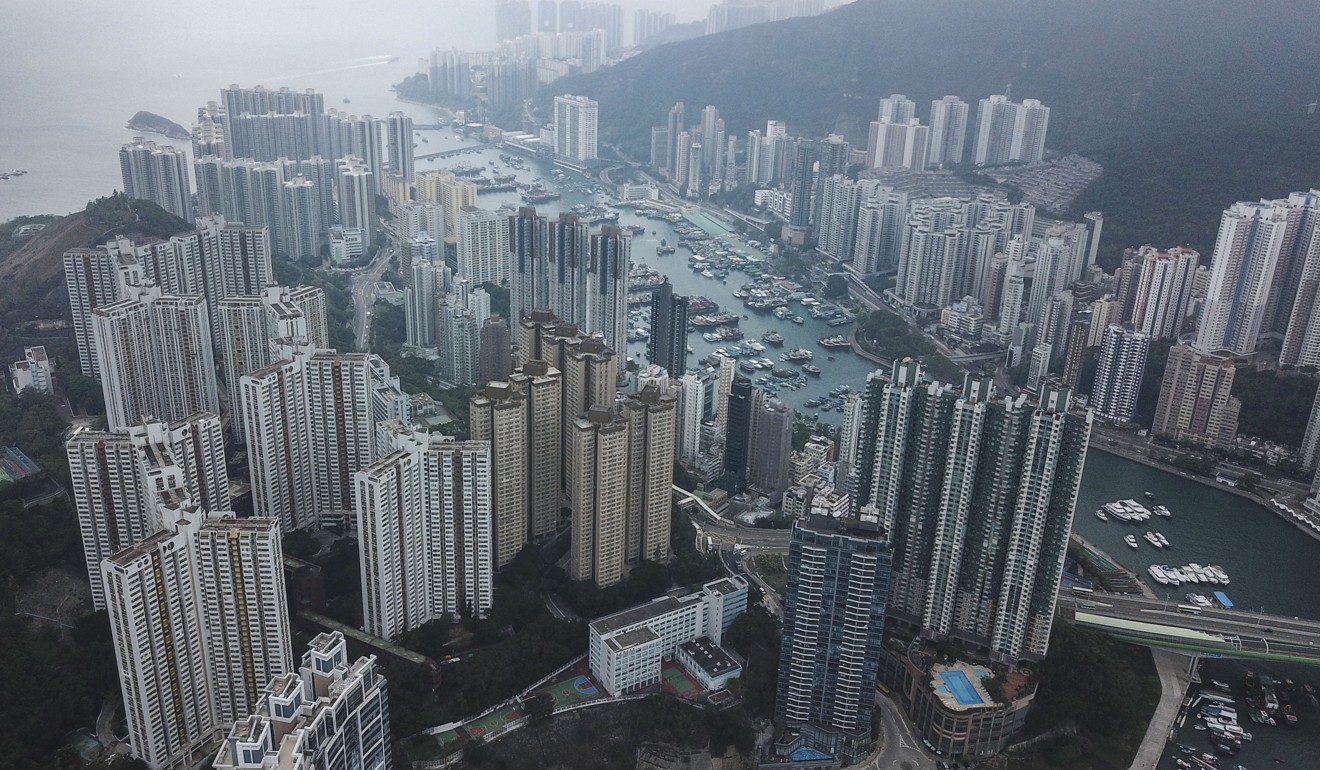
Why Hong Kong needs a better measure of wealth than GDP
Richard Harris says the textbook indicator of economic size does not give an accurate picture of an economy dominated by the service industries, robust cross-border trade, and speculative sectors like property and shares. Besides, what about equality and sustainability?

The publication of Hong Kong’s latest real gross domestic product figures raised about as much excitement as a lettuce at a vegan convention. Yet someone worked hard on those numbers so I thought I would take a closer look.
It seems that economic growth is storming, jumping 4.7 per cent in the first quarter of 2018. That thrashed analyst’s estimates of 3.3 per cent and soared above the 3.4 per cent growth of last quarter; marking the sixth quarter of above-trend growth. And if these things make any sense to you (it seems like a fudge to me), the seasonally adjusted comparison increased by 2.2 per cent in the first quarter, up from 0.8 per cent in the fourth quarter of last year.
Economic growth for 2017 was 3.8 per cent as a whole (after just 2.1 per cent in 2016).
Whichever way you cut it, the economy is booming; as the government press release brain-numbingly put it, “External demand picked up as the global economy sustained broad-based momentum. Domestic demand also strengthened, buttressed by favourable labour market conditions and positive business sentiment.” In plain English, the more excitable Hang Seng jumped 35 per cent last year, while secondary home prices rose for 21 consecutive months to December – the longest stretch since 1993. Local consumers and tourists remained headily optimistic and pushed retail sales up by 11.4 per cent in March.

The export of goods to the mainland, the EU and the US “increased sizeably”, and exports of services picked up significantly as a result of active global markets. Phew, this is just about as good as it gets.
But not so fast. Not leaving anything to chance, the Jeremiahs arrived – without giving pause to let us enjoy a small moment of gross domestic happiness.
The government said that the first-quarter result was “rather exceptional” and kept 2018 growth estimates unchanged at 3.5 per cent. The cloud on the horizon is rising interest rates.
The Hong Kong Monetary Authority has already warned that an extended period of our dollar at the weak end of the US dollar peg could mop up the liquidity that has kept mortgages down – at a time when the ratio of mortgage payments to income has worsened to 1990s levels. Francois Perrin, portfolio manager at East Capital, noted that “the current rate hike path targeted by the Fed will influence Hibor, putting pressure on the real estate sector”.
There are further warnings that Hong Kong may “no longer benefit from proximity to China”. The re-export and tourism sectors are susceptible to slowdowns in the Pearl River Delta economic zone – Guangzhou’s growth having slowed recently. Fitch, the ratings agency, has pointed out that higher governance, regulatory and credit risks might affect our banks. Hong Kong is also very susceptible to increased trade tensions between the US and China.
GDP does measure property and shares – two sectors which are dominated by narrow, fat-cat vested interests
For now, let’s enjoy the economy doing well – but the real debate is whether GDP was ever a good measure for Hong Kong. GDP is irreverently defined as being the total of activities that you can drop on your foot. In an imaginary high-productivity manufacturing country, where the data is collected properly and there are few imports and exports, GDP might better reflect growing wealth.
Yet our economy is dominated by four service industries: logistics (22 per cent), financial services (18 per cent), professional services (13 per cent), and tourism (at a measly 5 per cent). These are about the worst group of activities to measure GDP by – and our cross-border trade is so high that much of our economic activity takes place outside Hong Kong itself. GDP does measure property and shares – two sectors in which we excel, and which are speculative in nature, and dominated by narrow, fat-cat vested interests.

David Pilling, in his book The Growth Delusion, talks about GDP being a poor way to measure prosperity. It does not measure inequality, sustainability, desirability, or human or natural capital. Better analysis might incorporate median or modal household income, carbon emissions and pollution. It is these factors, together with the production of goods and services, that measure economic well-being.
It is high time for the city’s economists to come up with an index that more properly defines our wealth. There is a Nobel Prize in it, as it puzzles economists all over the world. It will help the policymaking that we need to create high-wage jobs, reflecting our highly educated labour force.
Only then will more Hong Kong people get to enjoy the real benefits of our stunning economic growth.
Richard Harris is a veteran investment manager, banker, writer and broadcaster and financial expert witness. www.portshelter.com